
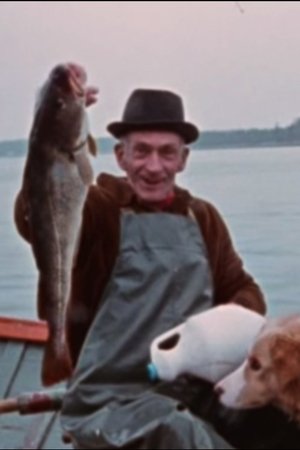
Two Brothers(1976)
Arthur and Ernest are two bachelor fishermen who occupy the proverbial end-of-the-road on Morris Island, an Acadian community in southern Nova Scotia. Sober or not, they carry on with and for the filmmaker who is attempting to find out about their lives. The resulting encounters owe a smuch to Harold Pinter or Samuel beckett is they do to the documentary genre of film-making.
Movie: Two Brothers

Two Brothers
HomePage
Overview
Arthur and Ernest are two bachelor fishermen who occupy the proverbial end-of-the-road on Morris Island, an Acadian community in southern Nova Scotia. Sober or not, they carry on with and for the filmmaker who is attempting to find out about their lives. The resulting encounters owe a smuch to Harold Pinter or Samuel beckett is they do to the documentary genre of film-making.
Release Date
1976-08-15
Average
0
Rating:
0.0 startsTagline
Genres
Languages:
EnglishKeywords
Similar Movies
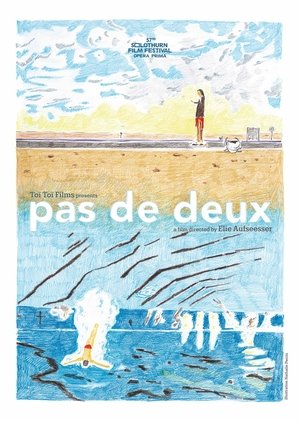 0.0
0.0Pas de deux(fr)
A ballet between two brothers, two ways of life, tied together by mirroring aspirations and one family.
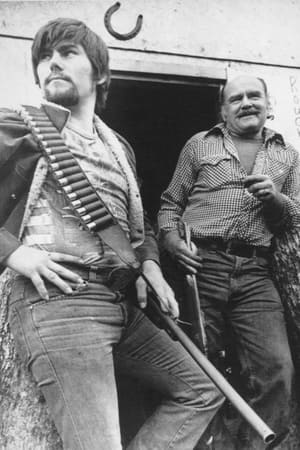 0.0
0.0Kouchibouguac(fr)
In 1969, the federal government expropriated two hundred and fifteen families in eight towns of New Brunswick in order to build a national park. Not only did these families lose their homes and their memories, they also lost their livelihoods.
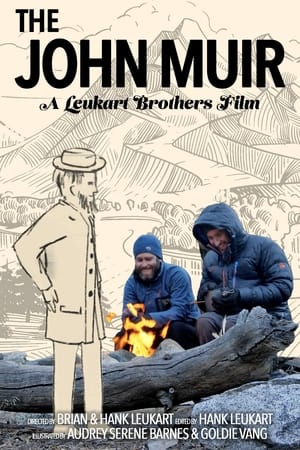 0.0
0.0The John Muir(en)
Some people think John Muir was a hero. Others: not so much. The Adventure Brothers hike the famous John Muir Trail (a.k.a. Nüümü Poyo) to investigate the conservationist's controversial legacy.
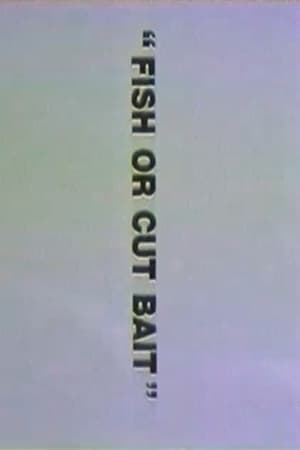 0.0
0.0Fish or Cut Bait(en)
In the 1970's, filmmakers Tom Burger, Bill McKiggan and Chuck Lapp began documenting the history and current struggles of inshore fishermen in Atlantic Canada to form a union. Until 1979 it was illegal for fishermen to form a union in Nova Scotia. The committed funding from the National Film Board was withdrawn for this film, however the filmmakers continued to edit the film by entering the NFB at night. The CBC refused to broadcast the film, but it was finally released in 1990 and broadcast nationally that year on Vision TV.
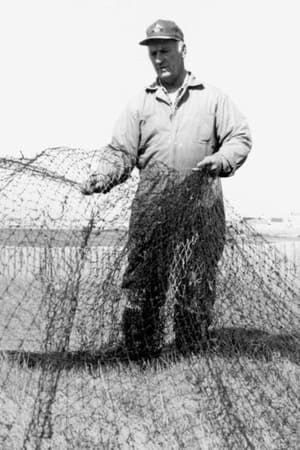 0.0
0.0Taking Stock(en)
It was a way of life. It was the backbone of a society. And then the cod fishery off the east coast of Newfoundland collapsed. Taking Stock traces the history leading up to the crisis and the calling for a moratorium of the northwest Atlantic cod fishery. It presents the key players in this complex and tragic story, focusing on those who are now trying to come to grips with an uncertain future. How did the calamity happen? What signals did we ignore? Did we chose the right model in setting up an industry? Ultimately, Taking Stock holds a message for the Canadian as well as the global community: In trying to attain economic success, we must recognize that there are limits to how far we can exploit nature's delicate ecosystems.
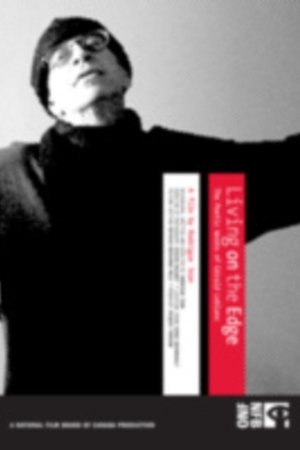 0.0
0.0Living on the Edge: The Poetic Works of Gérald Leblanc(fr)
A child of the Beat Generation, Gérald Leblanc conjoined urban-ness and American-ness, wandering and belonging, far beyond the boundaries of taboo. In so doing, he helped propel Acadia into the modern era.
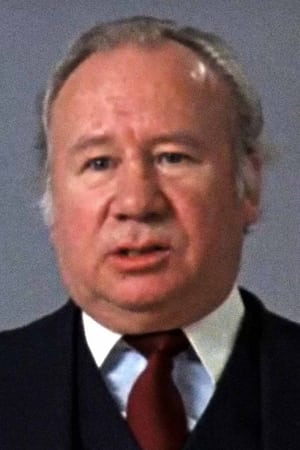 0.0
0.0Robichaud(fr)
Portrays Louis Robichaud, Canadian politician and former Premier of New Brunswick.
 6.5
6.5Is the Crown at war with us?(en)
In the summer of 2000, federal fishery officers appeared to wage war on the Mi'gmaq fishermen of Burnt Church, New Brunswick. Why would officials of the Canadian government attack citizens for exercising rights that had been affirmed by the highest court in the land? Alanis Obomsawin casts her nets into history to provide a context for the events on Miramichi Bay.
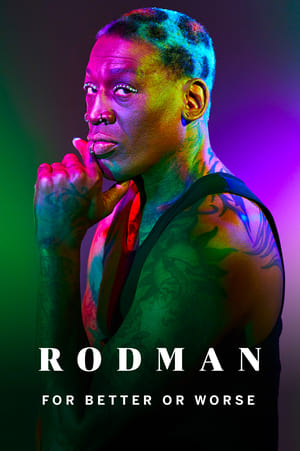 8.2
8.2Rodman: For Better or Worse(en)
While Rodman is no doubt one of the greatest talents in NBA history, he is just as famous for his off-court exploits. 30 for 30 explores the reasons behind him becoming the character he is known as today.
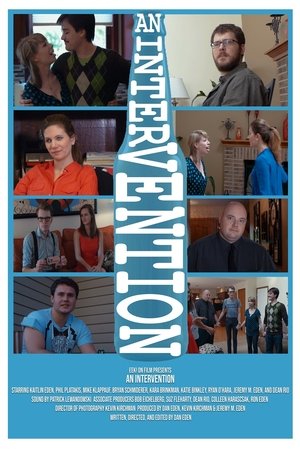 10.0
10.0An Intervention(en)
Chelsea Bledsoe and her husband Graig throw a surprise intervention for her old high school boyfriend, Henry, with a mismatched group of acquaintances from back in the day to fill out the guest list.
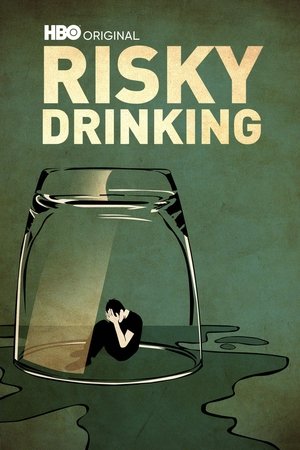 7.3
7.3Risky Drinking(en)
Are you a risky drinker? Nearly 70% of American adults drink alcohol and nearly 1/3 of them engage in problem drinking at some point in their lives. Produced with The National Institute of Alcohol Abuse and Alcoholism (NIAAA), Risky Drinking is a no-holds-barred look at a national epidemic through the intimate stories of four people whose drinking dramatically affects their relationships.
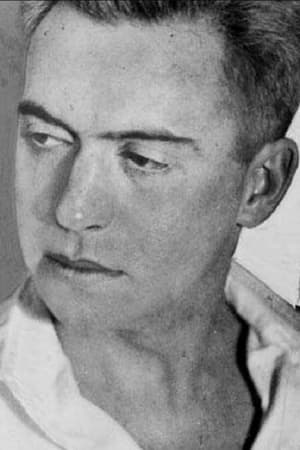 4.5
4.5Hart Crane: An Exegesis(en)
James Franco interviews three experts on the poet Hart Crane, whose life was the subject of his feature The Broken Tower (2011).
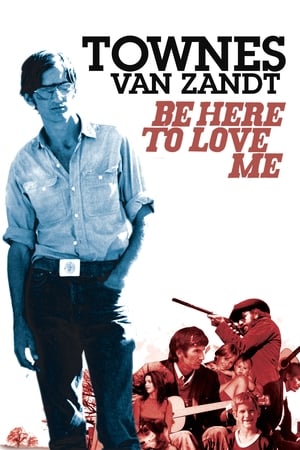 7.3
7.3Be Here to Love Me(en)
Chronicles the fascinating and often turbulent life of Townes Van Zandt.
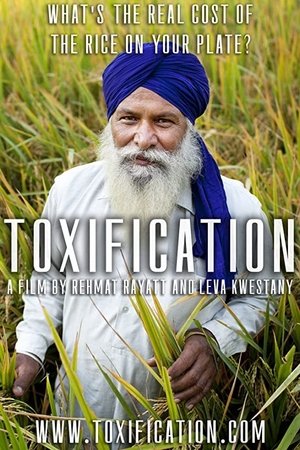 0.0
0.0Toxification(pa)
India's prosperous Green Revolution was led by Punjab, a state in northern India famous for its lush rice fields and wet, fertile soil. But as farmers are conned into buying more and more pesticides, herbicides and fertilisers that they don't need, which demand often ten times more water, the water table is sinking at an alarming rate. Punjab's water has been poisoned by the chemicals, and the farmers poison their bodies with opium, helping them to work longer and harder. Loans from a middleman are taken out, with extortionate interest rates that are impossible to pay back. As a result, hundreds of Punjabi families are left without a father, husband or son as more and more farmers cave in under the pressure and drink their own chemicals to end their lives.
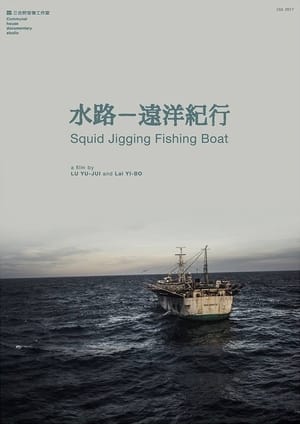 0.0
0.0Squid Jigging Fishing Boat(zh)
Every December to January, almost a hundred squid fishing boats from Ch'ien-chen Fishing Harbor in Kaohsiung will sail from East 120 to West 60 to work at Falkland Islands in the South West Atlantic. The sailing takes 35-40 days and crew members named it "waterway." January 1st, 2015, a 65 meter long, 11 meter wide fishing boat began its journey to Falkland island. This is a documentary about 60 crew members from south-east Asia to work far away from Taiwan.
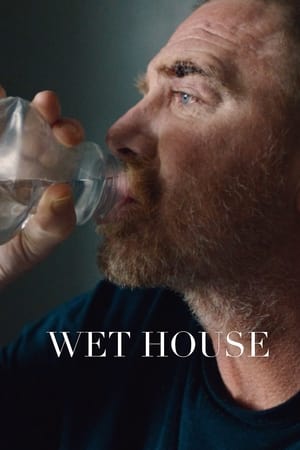 0.0
0.0Wet House(en)
An unflinching look at life on the fringe, documenting the changing fortunes of residents throughout a year. Encountering humanity within this harrowing reality, a radical care-model offers hope for chronic alcoholism.
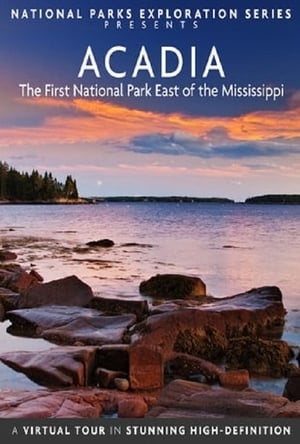 0.0
0.0National Parks Exploration Series: Acadia - The First National Park East of the Mississippi(en)
This documentary captures the beauty of Maine's Acadia National Park, as well as detailing the history of the location which happens to be the first area east of the Mississippi River to be declared a National Park.
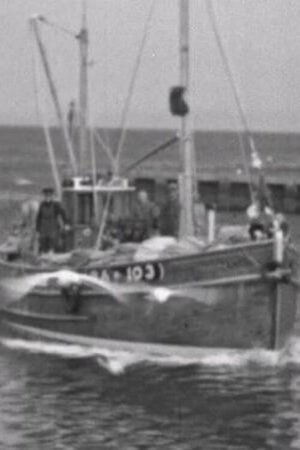 0.0
0.0Out with the Fishermen(en)
Adventures on a fishing boat as told by two young boys who experience what it takes to be a fisherman at sea.
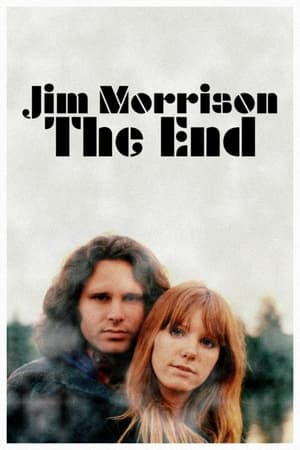 7.4
7.4Jim Morrison: The End(fr)
Paris, Rue Beautreillis, July 3, 1971. The corpse of rock star Jim Morrison is found in a bathtub, in the apartment of his girlfriend Pamela Courson. The chronicle of the last months of the life of the poet, singer and charismatic leader of the American band The Doors, one of the most influential in the history of rock.
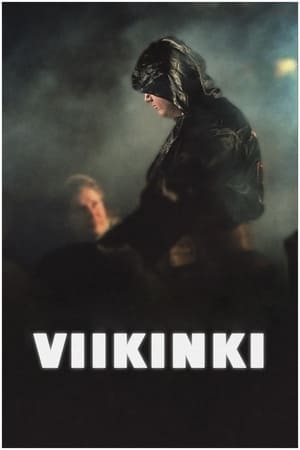 4.2
4.2Viikinki(fi)
Documentary film about Tony Halme, masculinity and populism. The film follows how Tony Halme created a mythical, highly masculine freestyle wrestling character, The Viking, who gained fame both in the ring and in the public eye and eventually became captivated by it. With his brash speeches, Halme fired the starting shot for the rise of the Finns Party. The voice of a forgotten section of the population, a protest against the ruling elite, were the building blocks of Halme's popularity. Halme's great popularity has served as a good example of a populist figure, admired within the deep ranks of the nation, who comes from outside the political elite and changes the direction of politics. Also, despite - or perhaps because of - his openly racist statements, he was part of changing the political climate in Finland to a more acrimonious one.